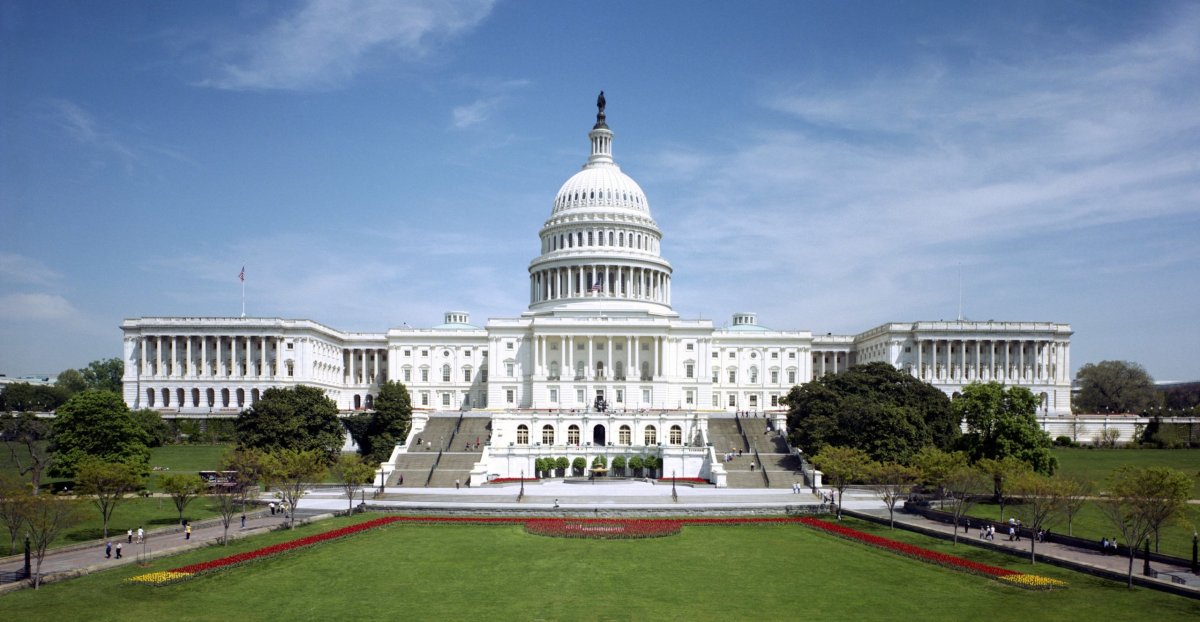You’ve probably heard a lot of comments in the last six weeks about how Donald Trump’s presidential win isn’t official until the Electoral College votes. Well, electors cast their ballots Monday. Here’s a look at what is next:
Who voted on Monday
The Electoral College is “a process, not a place,” according to the government, and that process includes 538 electors casting their votes, which will then be counted by Congress. How many electors an individual state has is equivalent to its number of representatives and senators in Congress. Can they vote for whomever?
Each state’s political parties choose their electors, who are often party leaders or local officials, so they are expected to vote in line with how that state was called on election night.
RELATED:As Electoral College casts their votes, anti-Trump activists rally in Boston However, there isn’t a federal law or constitutional provision that requires electors to vote for the party that nominated them. Electors have voted against their state’s decision — they’re called “faithless electors.” It’s rare, however, that they cross party lines. The last time an elector did so was in 1972, according to the National Conference of State Legislatures, when an elector nominated by the Republican Party voted Libertarian. Will the ballots be counted right away?
While states may individually announce how they voted immediately — electors meet in each state to vote between 9 a.m. and 3 p.m. — the ballots are not officially counted right away.
Electors have until Dec. 28 to make sure the Senate received their ballots, according to the National Conference of State Legislatures. The Senate and the House of Representatives will then meet on Jan. 6, in a joint session to count the ballots. Who counts the ballots?
Vice President Joe Biden, as president of the U.S. Senate, will count the votes. A majority of at least 270 electoral votes is needed to win the presidency. Congress has the right to challenge votes, according to the National Constitution Center, butboth House and Senate members have to agree to disqualify the votes. Then what?
It’s Inauguration Day, Jan. 20, and the president-elect is sworn in as president of the United States.
And finally …
Donald Trump is expected to win the presidency, despite losing the popular vote, because he won more electors. If he chooses to run in 2020, however, he may not even show up on the Massachusetts ballot. A newly-announced bill would ban candidates who don’t release their tax returns from appearing on the state ballot. A similar bill was drafted in New York earlier this month.
What’s next for the Electoral College?


















